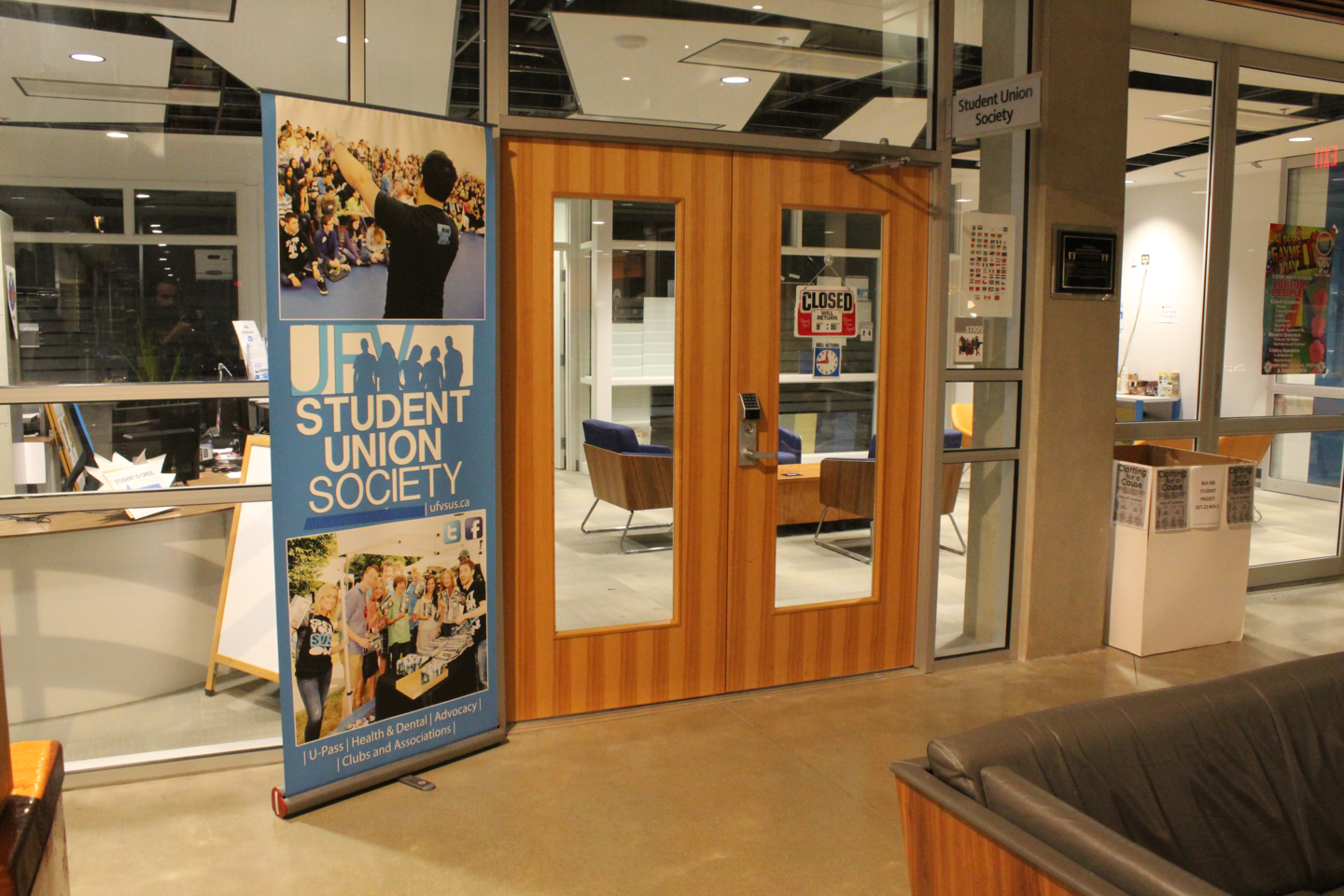The Student Union Society (SUS) board of directors is the highest governing body of SUS. In addition to discussing matters related to oversight of the society, the board approves changes to policies, the annual operating budget, and project initiatives. They are also responsible for both supporting the SUS executive team and holding them accountable. Executives give a report at the monthly meetings on their activities and the progress of their goal plans. There are currently seven members on the SUS board of directors, which includes the four executives.
Approval of three referendum questions
SUS will be going to referendum this April to ask for up to a 30 per cent increase to the shuttle bus fee and a $2 levy to sponsor two refugee students per year through a student-run group on campus.
The shuttle bus service is expected to run a $100,000 deficit in the 2019/20 fiscal year, according to SUS. Although services were decreased for Winter 2020, a decrease in service is not enough to amend the deficit for future fiscal years.
“If the referendum does not pass, shuttle services will be reduced until we are no longer running a deficit,” SUS said over a press release.
Additionally, SUS is renegotiating their contract with the company that provides the shuttle bus service and costs are expected to rise.
The referendum ballot will have two fee-increase options. One 15 per cent increase would allow the shuttle to continue operations at its current reduced capacity. An additional 15 per cent increase, for a total increase of 30 per cent, would allow it to operate at the capacity before its reduction, in Fall 2019, and give SUS room for future expansions.
The current shuttle bus fee students pay to SUS per semester is $27.23. A 15 per cent increase would raise the fee by $4.08, bringing it up to $31.31 per semester, and a 30 per cent increase would raise it by $8.17, to a total of $35.40 per semester.
The increase has been separated into two questions to give students the option to vote for how much they would be willing to increase the service.
“If the first question passes and the second does not, the shuttle will only be indexed 15%. If the first question fails, the second will as well,” SUS said.
The third question will be for a $2 fee increase to sponsor refugee students through the UFV branch of the World University Services of Canada (WUSC) organization. The student-run group petitioned SUS to support the fee increase at SUS’s board meeting in January.
WUSC is a non-profit that organizes the sponsorship of refugee students on campuses across Canada. UFV’s branch of this organization formed in January 2018, and has fundraised to sponsor one student. However, the group has found that fundraising at UFV is currently not sustainable.
“For less than what you pay for parking or coffee in a day, you can change the lives of another student forever, enrich our campus with diversity and experience, and contribute towards the global push to provide education for all,” WUSC said over a press release.
The three referendum questions will be posed to students during the election voting period. The questions will be sent out in the same email and will be available to vote on over the same timeframe, from April 5 to 9. Tania Smart, SUS VP internal, said at the board meeting that it will be made very clear in the email that the election and referendum ballots are seperate.
Fund Request Policy/Procedure
The Fund Request Policy and Procedure have been updated to allow funding for student-run events that are not fundraisers and receive funds to purchase inventory.
The policy and the procedure govern how individual students and Clubs and Associations (C&A) acquire funding and the types of funding that is available to them.
The policy updates remove the requirement for events to be “non-academic in nature.” Events now only need to be open to all current students and held with the intent to build on-campus community to be eligible for funding.
The number of requests students are eligible for per fiscal year was increased from two to four, with a maximum funding availability of $500 per request and $1,000 per fiscal year. Collaboration between C&A was added into the policy; multiple clubs and associations can apply for funding to collaboratively run the same event.
Alcohol will still not be purchased by SUS, but events serving alcohol will now be eligible for funding.
Investor purchases may also be approved under the new policy, but only for items to be used at specific events. An example given was that students running a board game night would be eligible to apply for funding to purchase a copy of Settlers of Catan, but not club-only T-shirts.
Previously, the Fund Request Policy only allowed student groups to request funding for fundraising initiatives, and they were not eligible for funding to purchase any inventory.
As part of the policy and procedure review, Smart held a focus group with various stakeholders on campus, including representatives from several clubs and associations, to gather student opinion on the policies before they were presented to the board. Several policy changes were at the recommendation of these stakeholders, according to Smart.


